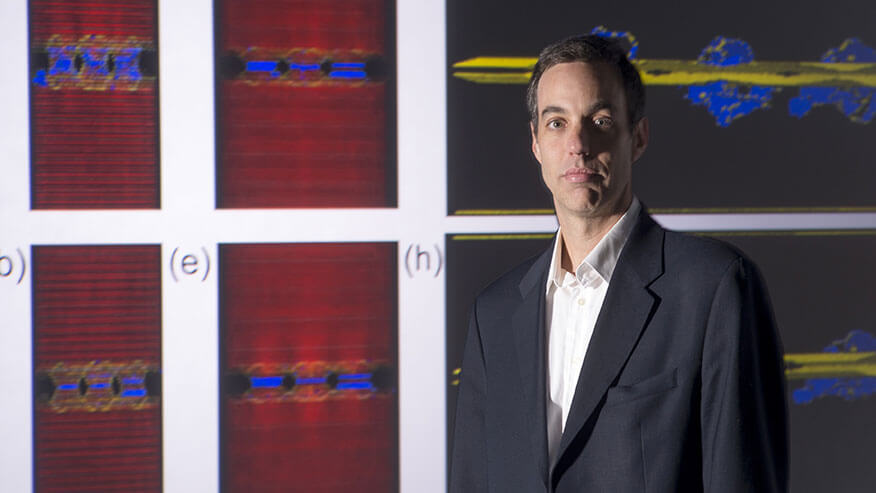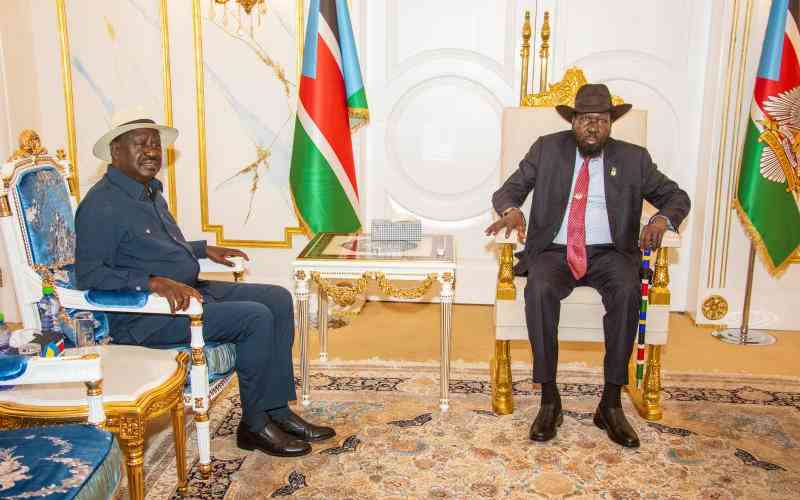Strachan to lead digital twin innovation for the Office of Research - Research at Purdue

WEST LAFAYETTE, Ind. — To ensure Purdue’s continued growth and national prominence in the field of digital twins, the Office of Research has appointed Alejandro Strachan as research fellow for its Intelligent Twins and Digital Innovation initiative, effective March 1.
Digital twins are virtual copies of real-world things such as devices, machines, buildings or even human organs that are created using data from lab or field measurements, or physics-based simulations. This information can be significantly enhanced with artificial intelligence (AI). Ensuring that the digital version behaves like the tangible one enables researchers to ask “what if” questions, solve problems by assessing multiple possible actions and optimize processes. By integrating real-world data with advanced modeling, digital twins are revolutionizing problem-solving and accelerating innovation in multiple fields.
Strachan, the Reilly Professor of Materials Engineering and co-director of nanoHUB and Chipshub, is an expert in physics-based modeling of materials across scales and the use of machine learning and AI to enhance these models and accelerate innovation. His group applies these tools to areas such as energetic materials, metal alloys and electronic materials.
“Alejandro’s research expertise and commitment to innovation make him ideal to lead this initiative,” said Karen Plaut, executive vice president of research. “He will spearhead efforts to assess Purdue’s strengths in digital twins, identify areas where the university can lead nationally, and determine platform needs and gaps to accelerate innovation.”
A key focus for Strachan will be to develop a Purdue platform for digital twins and FAIR (findable, accessible, interoperable and reusable) data by integrating instrumented and autonomous experimentation with physics-based simulations, automated FAIR data management (including secure storage, open publication and persistent identifiers), AI computing and human-digital interfaces such as agent-based AI and virtual reality/augmented reality.
Purdue has established itself as a leader in digital twin innovation through several key initiatives. The Purdue Digital Twin Lab creates digital replicas of real-world entities by leveraging AI, big data, cloud and edge computing, and mixed reality. Its mission is to develop innovative device-edge-cloud communication frameworks and future transportation services. Purdue’s nanoHUB hosts a FAIR database with nearly 2 million results from over 500 FAIR simulation and experimental workflows that can accessed as a service by AI tools.
Recently, Purdue’s national digital-twin research profile was amplified by the university’s selection by the U.S. Department of Commerce to help lead the $285 million SMART USA Institute (Semiconductor Manufacturing and Advanced Research with Twins). Purdue is the lead academic institution in the institute, which is focused on using digital twins for semiconductor manufacturing and advanced packaging. The consortium spans over 30 states and comprises more than 150 partners from industry, academia, national labs, and supply chain design and manufacturing.
In addition, Purdue’s Digital Twin & Robotic Automation Center for Knowledge Sharing, Entrepreneurship, and Research (DigiTRACKER) fosters interdisciplinary collaboration to explore and implement digital twin and robotics technologies, and uses innovation to address industry challenges.
In October 2024, Purdue hosted the DigiTwin 2024 conference, bringing together experts to discuss how digital twin technologies can enhance sustainability, safety and resilience in manufacturing.
“I am excited to join the Office of Research in this capacity, continue learning about the great work of my colleagues at Purdue, and help bring data, AI and compute closer together via digital twins,” Strachan said.
Purdue University is a public research university leading with excellence at scale. Ranked among top 10 public universities in the United States, Purdue discovers, disseminates and deploys knowledge with a quality and at a scale second to none. More than 107,000 students study at Purdue across multiple campuses, locations and modalities, including more than 58,000 at our main campus in West Lafayette and Indianapolis. Committed to affordability and accessibility, Purdue’s main campus has frozen tuition 13 years in a row. See how Purdue never stops in the persistent pursuit of the next giant leap — including its comprehensive urban expansion, the Mitch Daniels School of Business, Purdue Computes and the One Health initiative — at https://www.purdue.edu/president/strategic-initiatives.
Media contact: Amy Raley, [email protected]










